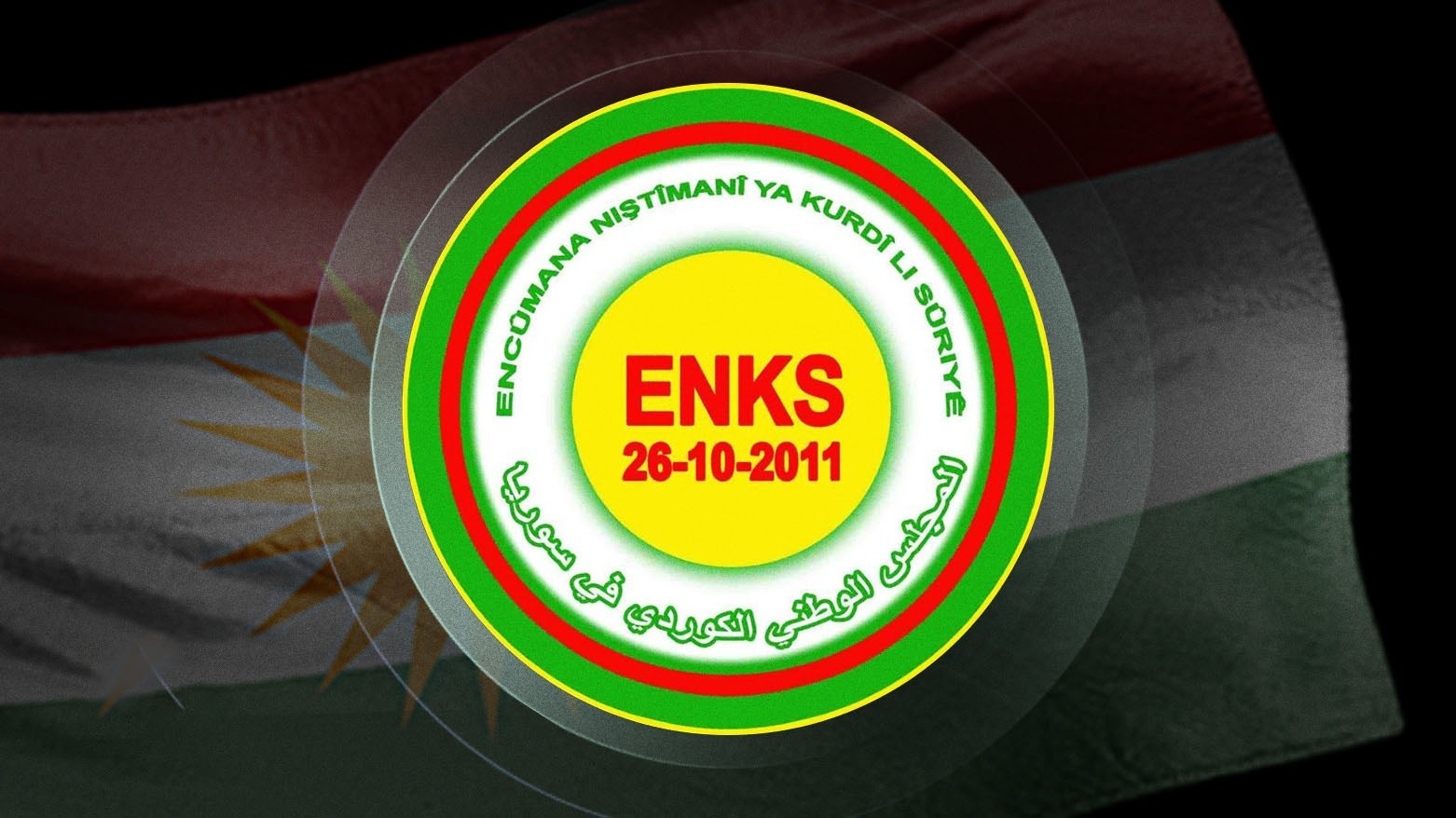'Unity Is Essential for an Inclusive Syria,' ENKS Reiterates
The statement also highlighted the role of external facilitators, expressing gratitude for “the generous support of brothers and friends, especially His Excellency President Masoud Barzani and brother General Mazloum Abdi.”

By Kamaran Aziz
ERBIL (Kurdistan24) – In a significant development for Syrian Kurdish politics, the Kurdish National Council in Syria (ENKS) announced on Tuesday that an agreement has been reached to hold a long-awaited "Conference on Kurdish Unity and Common Position" in the city of Qamishlo on Saturday, April 26, 2025.
Described as a critical step toward bolstering intra-Kurdish cooperation, the conference aims to forge a unified political vision among Kurdish factions in Northeastern Syria (also known as Western Kurdistan). According to a statement released by ENKS, the conference is expected to bring together 300 delegates—130 from ENKS, 130 from the Democratic Union Party (PYD), and 40 guests split evenly between both sides. The event is seen as a milestone in the protracted efforts to bridge political divisions and promote a collective national agenda in Syria’s Kurdish-majority regions.
“This is an important step and a political achievement that reflects the aspirations of our Kurdish people in Syria,” ENKS declared, emphasizing that the conference is the product of broad grassroots will and tireless efforts by Kurdish fighters. The statement also highlighted the role of external facilitators, expressing gratitude for “the generous support of brothers and friends, especially His Excellency President Masoud Barzani and brother General Mazloum Abdi.”
Kurdistan24 has learned that the conference will not form standing committees but will instead produce a unified draft that encapsulates the positions and priorities of all major political parties in Western Kurdistan. This draft will serve as a foundational document for future negotiations with a potential Syrian transitional authority.
ENKS voiced optimism that the event would mark a turning point, saying it “hopes this conference will become a turning point towards a new phase of constructive cooperation between the parties of the Kurdish political movement, strengthening trust with the public, and opening wider horizons for solid national relations with all components of the Syrian people.”
The significance of the event lies not only in its symbolism but in its potential to foster concrete dialogue and strategic alignment between rival Kurdish blocs, especially ENKS and PYD—two dominant but often ideologically divergent forces within Syrian Kurdish politics.
For years, Kurdish unity in Syria has remained an elusive goal amid regional complexities and competing international influences. However, growing instability in Syria and increasing calls for inclusive governance have added urgency to unification efforts. ENKS reiterated that “Kurdish unity and common position is an urgent national necessity and a fundamental step towards achieving real partnership in shaping the future of a democratic and inclusive Syria that includes all components and nationalities.”
The upcoming conference is therefore not merely an internal Kurdish affair, but a potential blueprint for political cooperation and national participation in a post-conflict Syria. The outcomes of the gathering in Qamishlo could set the tone for how Kurds contribute to—and are represented in—the broader Syrian peace and reconstruction process.
